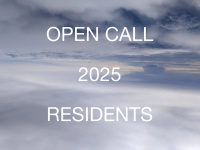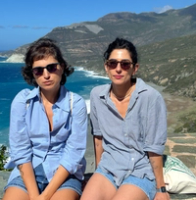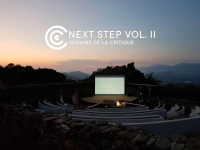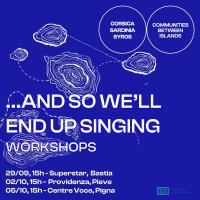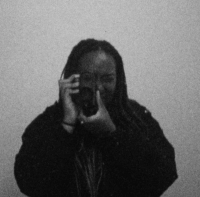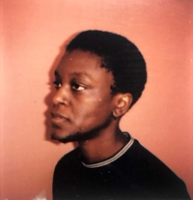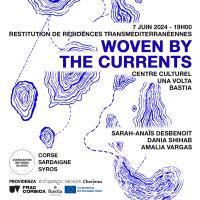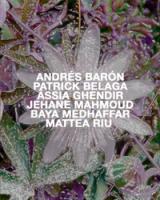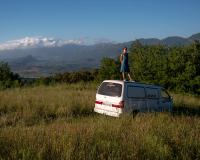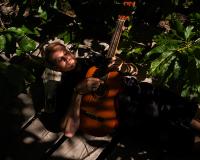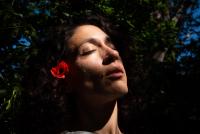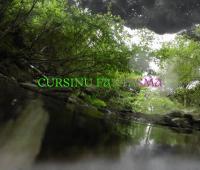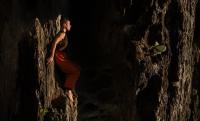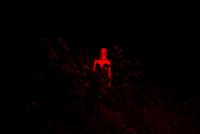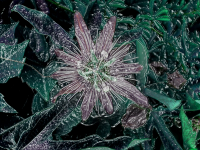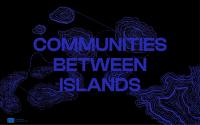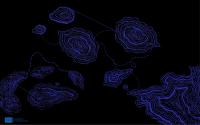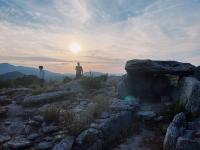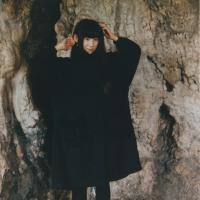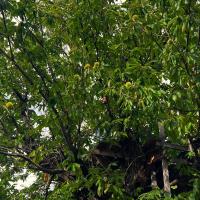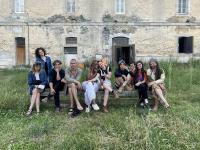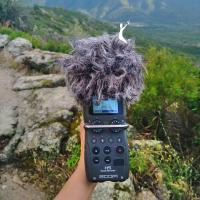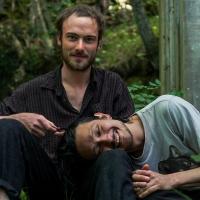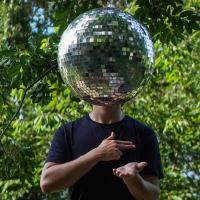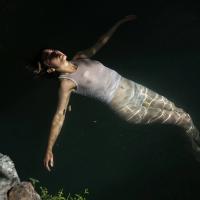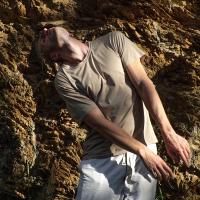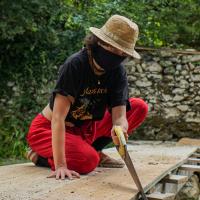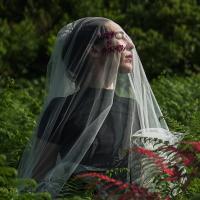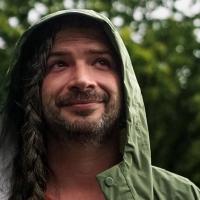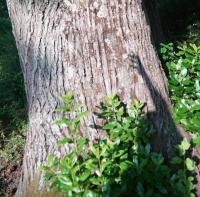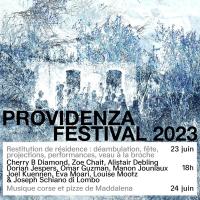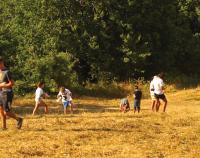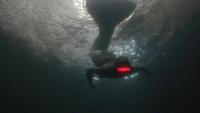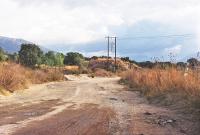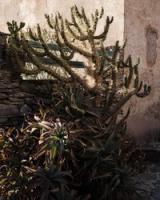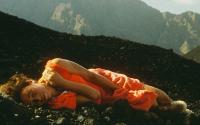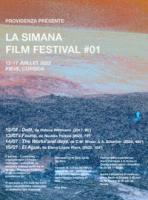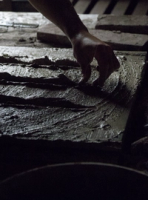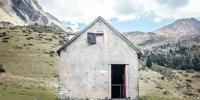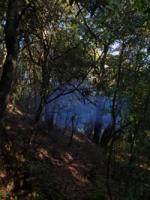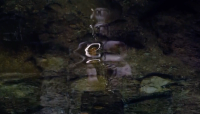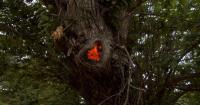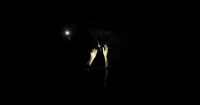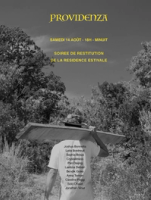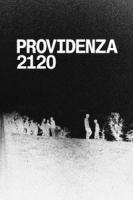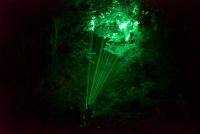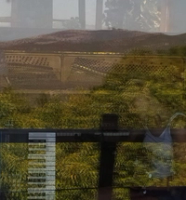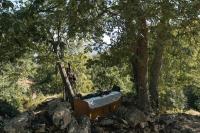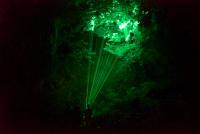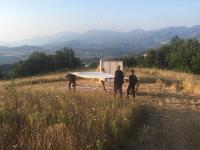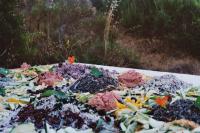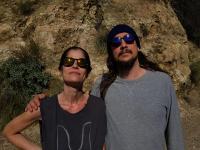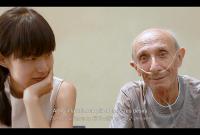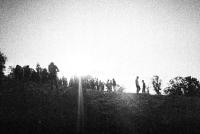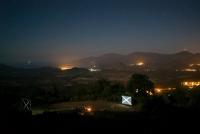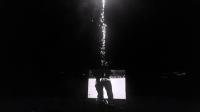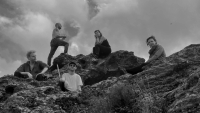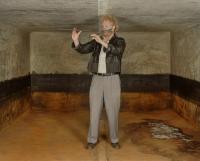For the past 2 years, Providenza has offered a trans-Mediterranean residency program in partnership with Cherimus and Archipelago Network, Sardinian and Greek artistic organizations. This program enables groups of Mediterranean and international artists to travel from island to island (Greece, Sardinia, and Corsica), engaging with local communities and their territories.
Named "Communities Between Islands," this initiative is supported by Creative Europe and the European Commission.
The third cycle of “Communities Between Islands, curated by our Sardinian partner Cherimus and titled “And so we'll end up singing” brings together three artists: the belgium musician Lukas de Clerk, the Lebanese musician Maya Aghniadis aka Flugen and the Sardinian musician Roberto Casti.
During their journey through the islands, while working on their projects, they also have conducted workshops with the local communities.
Lukas de Clerck — Research on the Aulos, composition and craftsmanship
Lukas De Clerck is a musician and artist living in Brussels. His artistic practice is centered around the Aulos, an ancient Greco-Roman, double-reeded double pipe, that got extinct more than a millennium ago. After several years of delving deep in the practice of Aulos reed making and playing replicas of ancient instruments, he opens up his inevitably auto-didact artistic output in a more collaborative, multi-disciplinary way. Following the desire to strip the instrument from its enigmatic past, De Clerck created a new, contemporary Aulos: The Telescopic Aulos of Atlas. De Clerck’s approach is driven by playful curiosity with a strong interest in the process of transformation. Instead of conserving what is found, he invents what is not. A process that aims to be as radical, as it is careful. The Telescopic Aulos enables De Clerck to narrow down his research on the sound qualities of the instrument in which micro-tonality, psycho-acoustics and sound texture are central elements. Together with his phenomenological view on the instrument, his research has made him an unique voice in the revival of the instrument, introducing the instrument into different fields of music. During the residency, he met a lot of other musicians, showing them the Aulos, experimenting with new sounds, materials and techniques. He recorded and also is planning to design new instruments with local materials. He also met and played with local flute maker Romain Rancurel-Giannoni and offered a workshop in Pigna in the Centre Culturel Voce to local musicians.
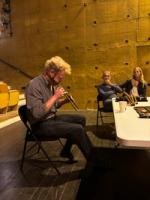
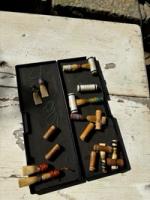
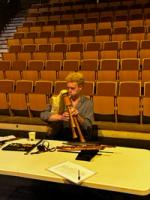
Maya Aghniadis
Maya Aghniadis is a music producer and multi–instrumentalist raised in Beirut and based in Athens since 2021. Her project during to residency is to be open to encounters with local musicians, record and create a sound piece from these encounters, as her workshop guidelines suggest: Explore the creative potential of rhythm and melody based on a set tempo and focusing on the musical note Ré (D). You will record your spontaneous responses as they arise from your emotional state and personal connection to the tempo and tonality that guide your creativity. These recordings will then be woven together to create a final collective piece, highlighting the diverse emotional expressions and interpretations of the group.
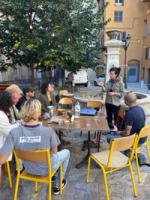
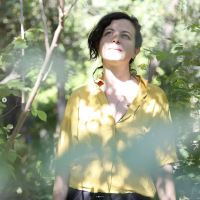
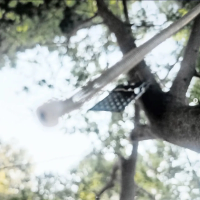
Roberto Casti — polyphonic
Roberto casti (Iglesias, 1992) is an artist and musician who works and lives between Milan and Iglesias, a Sardinian city in which he’s born. His artistic practice – that include different media like performance, video, installation, sound production and panting – it’s not focused on a formal knowability but rather on a constant and necessary interpretative and theoretical research on the reality seen as place of relationships and cohabitation. The key concept of his practice is the interdependence which indissolubly binds individual and collectivity, the human beings and the planet they live on, the audience and artwork or the artistic event. During the residency, his goal is to compose a music piece by superimposed recording made on every islands during participatory workshops: rhythms in Grece, melodies in Corsica and singing in Sardinia.
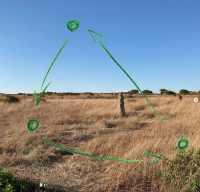
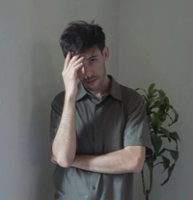
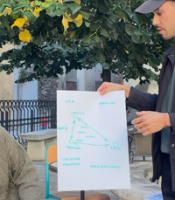
Co-funded by the European Union. Views and opinions expressed are however those of the author(s) only and do not necessarily reflect those of the European Union or the European Commission. Neither the European Union nor the granting authority can be held responsible for them.
